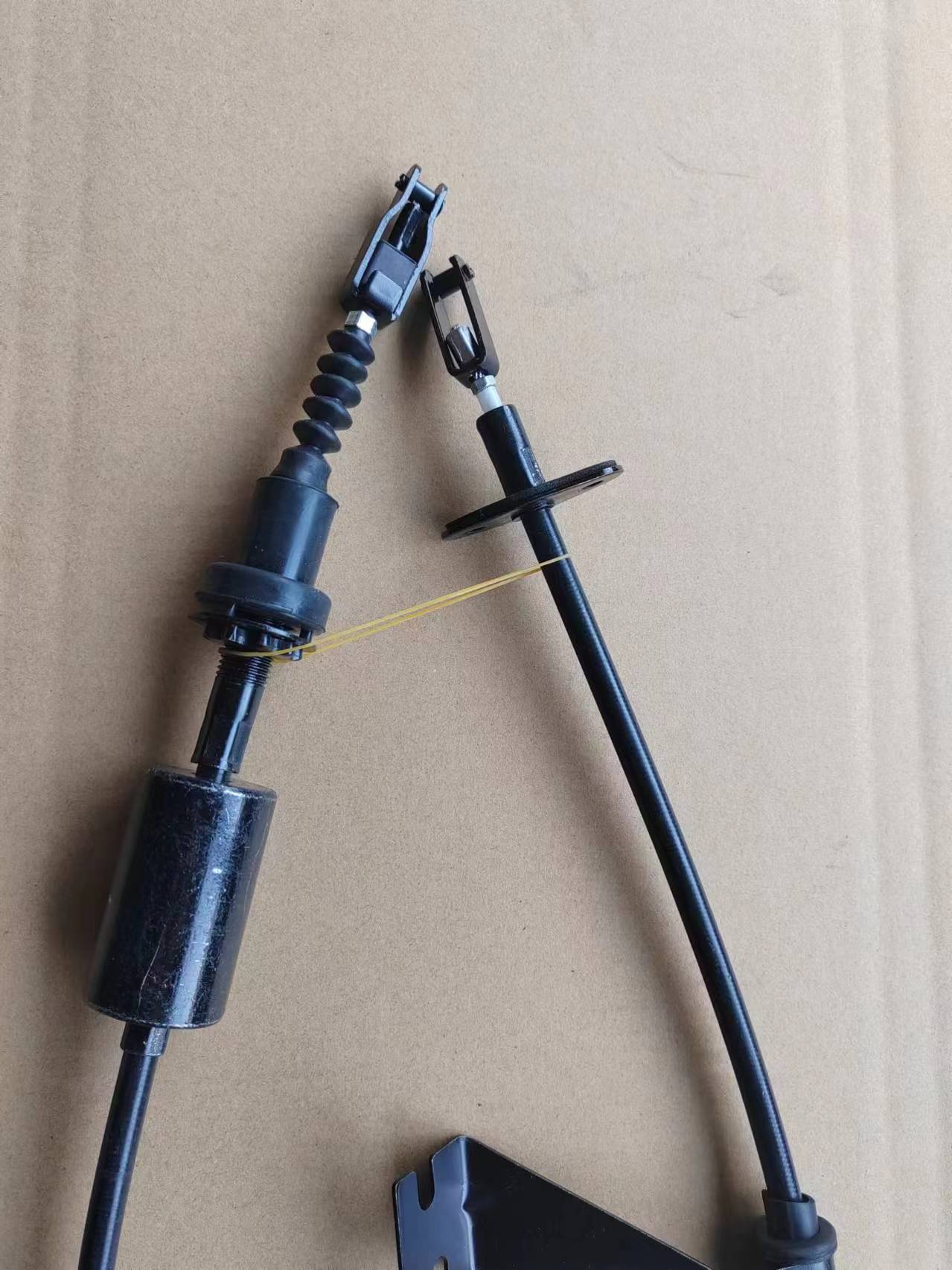Adjusting the Carburetor Choke Cable for Optimal Engine Performance and Efficiency
Understanding the Carburetor Choke Cable Functionality and Importance
The carburetor choke cable is a crucial component in many gasoline engines, particularly in older vehicles, small engines, and motorcycles. The choke function is responsible for controlling the air-fuel mixture entering the engine, allowing it to start and run efficiently, especially during cold weather. This article delves into the functionality of a carburetor choke cable, its significance, maintenance tips, and potential issues.
What is a Carburetor Choke Cable?
The choke cable is a flexible wire that connects the choke lever to the choke plate within the carburetor. It allows the driver (or operator) to manually open or close the choke plate. The choke plate is a valve that sits in the throat of the carburetor, regulating the amount of air entering the engine. When closed, it restricts airflow, enriching the fuel mixture, which is essential during cold starts. Once the engine warms up, the choke can be opened to allow a proper air-fuel mixture for optimal performance.
Functionality of the Choke Cable
When starting a cold engine, the carburetor needs a richer fuel mixture to ignite effectively. Closing the choke plate increases the fuel-to-air ratio, compensating for the reduced vaporization that cold temperatures can cause. The choke cable, when pulled, mechanically closes the choke plate, allowing the engine to draw in a denser fuel mixture.
As the engine warms up, the operator needs to gradually open the choke plate. This process can be manual or automatic, depending on the vehicle and carburetor design. In manual systems, the operator releases the pull on the choke cable, allowing a spring-loaded mechanism to open the choke plate, while automatic chokes usually rely on temperature-sensitive devices to perform this function.
Importance of the Choke Cable in Engine Performance
The choke cable plays a pivotal role in starting performance, particularly in cold temperatures. An effective choke mechanism can mean the difference between a successful start and an engine that refuses to fire up. Poor choke functionality can lead to starting delays, rough idling, and excessive fuel consumption. In severe cases, a malfunctioning choke cable can lead to engine flooding, where too much fuel enters the combustion chamber, preventing proper ignition.
Moreover, a properly functioning choke cable ensures that the engine reaches its optimal operating conditions quickly, which is essential for reducing emissions and improving fuel efficiency. An imprecise mixture can not only harm engine performance but can also contribute to increased pollution levels.
carburetor choke cable

Maintenance of the Choke Cable
Maintaining the carburetor choke cable is essential for ensuring longevity and reliability. Regular checks should include
1. Visual Inspection Look for signs of wear, fraying, or damage along the cable. Any visible issues should be addressed promptly to prevent failure during operation.
2. Lubrication The choke cable may require occasional lubrication to ensure smooth operation. Using a light machine oil or a specialized cable lubricant can help reduce friction.
3. Adjustment Sometimes, the choke cable may require adjusting to ensure it is operating at the correct tension. A loose cable may not fully engage the choke, while an overly tight cable can inhibit normal operation. Refer to the vehicle's service manual for specific adjustment procedures.
4. Replacement If the cable is damaged or no longer functions effectively, replacing it is often the best course of action. A new choke cable can restore proper functionality and improve engine performance.
Troubleshooting Common Issues
If you experience difficulties with starting or idling, it may be due to choke cable-related issues. Signs of a malfunctioning choke cable include difficulty in pulling the cable, excessive play, or the choke not closing/opening fully. Addressing these problems often involves inspecting and adjusting or replacing the cable as needed.
Conclusion
In conclusion, the carburetor choke cable is an essential element that significantly affects engine performance during cold starts and operational efficiency. Proper understanding, maintenance, and timely troubleshooting can ensure that your vehicle or equipment runs smoothly and efficiently, ultimately extending its lifespan and enhancing your driving experience. Whether you’re a seasoned mechanic or a novice car owner, recognizing the importance of the choke cable can lead to smarter maintenance practices and better overall vehicle care.
-
Workings of Clutch Pipe and Hose SystemsNewsJun.04,2025
-
The Inner Workings of Hand Brake Cable SystemsNewsJun.04,2025
-
The Secrets of Throttle and Accelerator CablesNewsJun.04,2025
-
The Hidden Lifeline of Your Transmission Gear Shift CablesNewsJun.04,2025
-
Demystifying Gear Cables and Shift LinkagesNewsJun.04,2025
-
Decoding Clutch Line Systems A Comprehensive GuideNewsJun.04,2025
